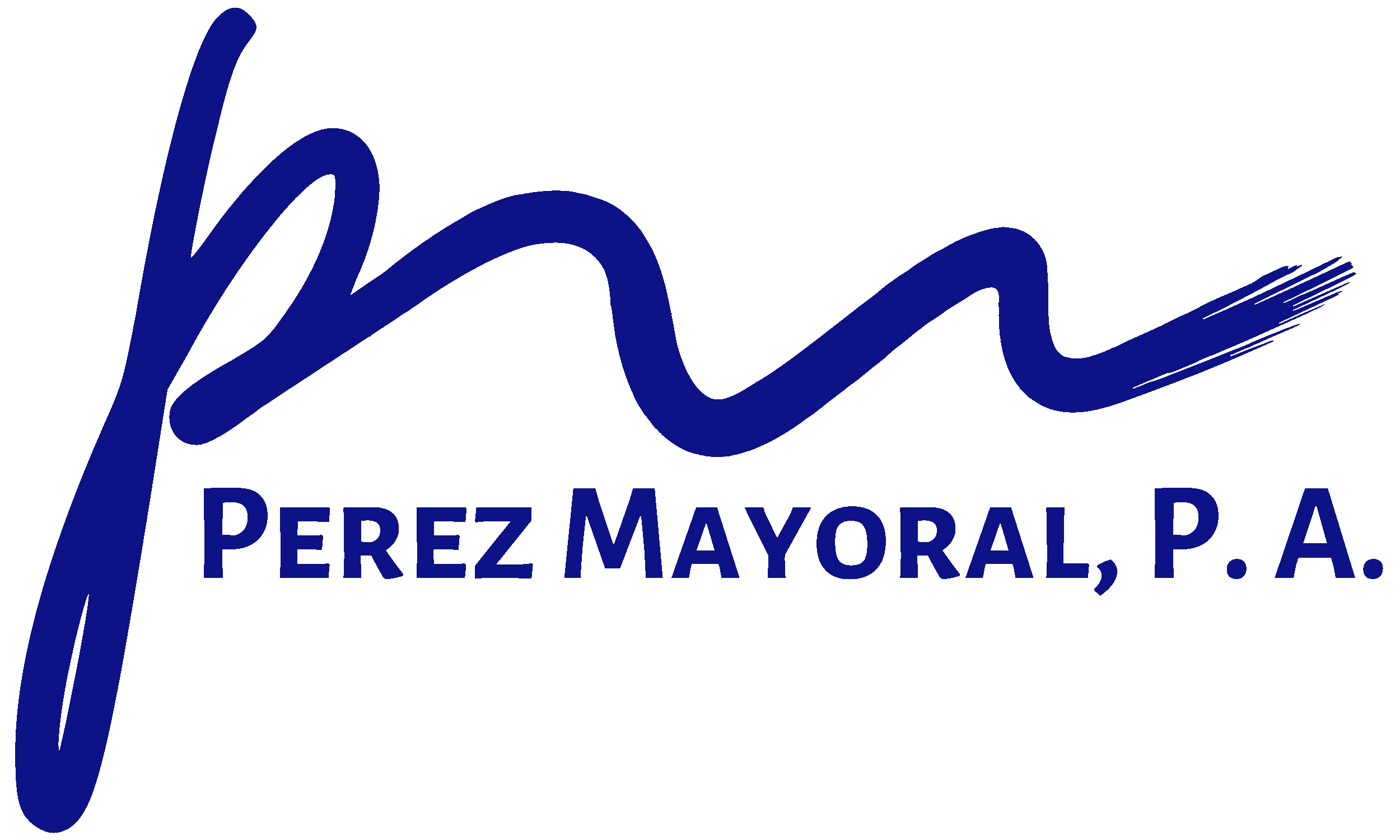Living in a community governed by a Homeowners Association (HOA) or Condominium Association brings both benefits and challenges. When disputes arise, Florida homeowners often ask our legal team whether they can sue their HOA. The short answer is yes – but there are important legal requirements you must follow before filing a lawsuit.
At Perez Mayoral, P.A., our experienced HOA dispute attorneys regularly guide homeowners through conflicts with their associations. This guide explains your legal rights and the steps you must take before pursuing litigation against your HOA or Condo Association in Florida.
Understanding Your Right To Legal Action
Florida law protects homeowners’ rights to challenge their associations’ actions through legal proceedings. However, the legislature has established specific procedures designed to encourage resolution of disputes before they reach the courtroom. Understanding these requirements is crucial for anyone considering legal action against their association.
Mandatory Pre-Suit Requirements
For Condominium Owners
Before pursuing litigation against your condominium association, Florida Statute § 718.1255 requires participation in mandatory non-binding arbitration, but only for specific types of disputes. Understanding what qualifies as a “dispute” under this statute is crucial for determining whether you must complete arbitration before filing a lawsuit.
The law specifically defines disputes that require arbitration as disagreements involving:
- The board’s authority to:
- Require an owner to take (or not take) actions involving their unit or its appurtenances
- Alter or add to common areas or elements
- The governing body’s failure to:
- Properly conduct elections
- Provide adequate notice of meetings or other actions
- Properly conduct meetings
- Allow inspection of books and records
- A plan of termination under Florida Statute § 718.117
However, many common disagreements with your association do NOT require pre-suit arbitration. The law explicitly excludes disputes primarily involving:
- Title to any unit or common element
- Warranty interpretation or enforcement
- Fee or assessment levies and collection
- Tenant eviction or removal
- Alleged breaches of fiduciary duty by directors
- Claims for unit damages based on the association’s alleged failure to maintain common elements or condominium property
This distinction is vital because if your dispute falls into one of these excluded categories, you may proceed directly to court without first participating in arbitration. However, if your dispute requires arbitration and you file a lawsuit without completing this step, your case may be dismissed.
The arbitration process begins by filing a petition with the Division of Florida Condominiums, Timeshares, and Mobile Homes. Your petition must include detailed documentation of the dispute and the required filing fee.
For HOA Residents
Florida Statute § 720.311 establishes mandatory pre-suit mediation requirements before filing a lawsuit against your HOA. Understanding and following these requirements precisely is crucial for preserving your right to sue.
If you have a dispute with your HOA, you must initiate pre-suit mediation before filing a lawsuit, except for disputes involving the collection of assessments or the enforcement of liens. Here’s what the statute requires:
First, you must serve a written demand for pre-suit mediation by certified mail, return receipt requested, to the address of the association as it appears in the Florida Department of State Division of Corporations. The statutory demand must include:
- A detailed description of the dispute, specifically identifying all issues you want to be mediated
- A suggested resolution for each identified issue
- A list of five certified mediators that you would accept to mediate the dispute
- Available dates and times for mediation
The association, upon receiving your demand for pre-suit mediation, has 20 days to respond. In their response, they must agree to mediate and must select one of your proposed mediators or suggest an alternate certified mediator. If the association fails to respond or declines to mediate, you may proceed with filing your lawsuit.
The parties must schedule the mediation within 90 days after the date of the initial demand. The mediation conference may be extended only by mutual written agreement of the parties. If mediation is not scheduled within 90 days, you may proceed with filing your lawsuit unless the failure to schedule was due to your actions.
The parties must share the costs of mediation equally unless they agree otherwise. The mediation must be conducted by a Florida Supreme Court certified civil mediator. If a resolution is reached through mediation, it must be reduced to writing and becomes binding on both parties.
Importantly, if you file a lawsuit without first completing the pre-suit mediation process as outlined in the statute, the court will likely dismiss your case. Additionally, the prevailing party in any mediation proceeding may be awarded attorney fees and costs.
Recovery Of Legal Fees
Understanding Your Right To Sue And Recover Attorney Fees
The Florida Legislature has established comprehensive frameworks for both homeowners and condominium associations that specify who can bring legal action and when attorney fees can be recovered. Let’s examine these provisions in detail:
Attorney Fees In Condominium Disputes (§ 718.303)
Under Florida Statute § 718.303, all unit owners, tenants, invitees, and the association itself must comply with the Florida Condominium Act, the declaration, the association documents, and the association bylaws. When these obligations aren’t met, the law provides specific remedies.
The statute allows legal actions (both at law and in equity) to be brought by:
- The association against:
- Individual unit owners
- Directors designated by the developer (for actions taken before unit owner control)
- Directors who willfully and knowingly violate the law
- Tenants or other invitees occupying units
- Unit owners against:
- The association
- Other unit owners
- Directors (under the conditions noted above)
- Tenants or invitees
When it comes to attorney fees, the statute provides two important protections:
First, the prevailing party in any such action is entitled to recover reasonable attorney fees. This applies to both offensive actions (when you’re the one suing) and defensive actions (when you’re being sued).
Second, and crucially for unit owners, if you prevail in an action against the association, you may recover not just your attorney fees, but also additional amounts. The court can order reimbursement of your share of any assessments the association levied to fund its litigation expenses. This provision helps protect unit owners from essentially paying to sue themselves through their association dues.
Attorney Fees In HOA Disputes (§ 720.305)
Florida Statute § 720.305 establishes similar but distinct provisions for homeowners associations. The statute begins by establishing that all members, their tenants, guests, and invitees must comply with the HOA statute, the community’s governing documents, and the association’s rules.
Legal actions can be brought by:
- The association against:
- Individual members
- Directors or officers who willfully and knowingly violate the law
- Tenants, guests, or invitees
- Any member against:
- The association
- Other members
- Directors or officers (for willful and knowing violations)
- Tenants, guests, or invitees
The attorney fee provisions mirror those for condominiums. The prevailing party in any such litigation is entitled to recover reasonable attorney fees and costs. Additionally, if a member prevails in litigation against the association, they can recover additional amounts determined by the court to be necessary to reimburse their share of assessments levied by the association to fund the litigation.
This parallel provision in both statutes reflects a legislative recognition that association members shouldn’t have to pay for both sides of the litigation through their assessments when they prevail against their association.
Understanding these fee provisions is crucial because:
- The potential for fee recovery can make it financially feasible to pursue legitimate claims that might otherwise be too expensive to litigate.
- The risk of having to pay the other side’s attorney fees should discourage frivolous litigation.
- The provisions for recovering assessment contributions help level the playing field between associations and individual owners.
Strategic Considerations Before Filing Suit
Before deciding to sue your HOA, consider these important factors:
Documentation Requirements
Success in any legal action requires proper documentation. Maintain detailed records of:
- All communications with your association
- Evidence of rule violations or damages
- Proof of compliance with pre-suit requirements
- Financial records related to the dispute
Timing Considerations
Remember that while pre-suit procedures are mandatory, the statute of limitations continues to run. Plan accordingly and consider consulting with an attorney early in the process to protect your rights.
Cost-Benefit Analysis
Evaluate whether litigation is your best option by considering:
- The likelihood of success
- Potential recovery of legal fees
- Impact on your relationship with the association
- Available alternative resolution methods
Professional Legal Guidance
While you have the right to sue your HOA in Florida, successfully navigating the legal requirements demands careful attention to detail and procedural compliance. At Perez Mayoral P.A., our experienced attorneys can:
- Review your case and assess its strength
- Guide you through pre-suit requirements
- Document compliance with legal procedures
- Represent your interests in mediation or arbitration
- Pursue litigation when necessary
Contact Our Florida HOA Attorneys
If you’re experiencing difficulties with your HOA or Condo Association, don’t wait until the situation escalates. Contact Perez Mayoral, P.A. for a consultation to discuss your legal options. Our experienced team can help you understand whether pursuing legal action against your HOA is the right choice for your situation and guide you through every step of the process.
This article is for informational purposes only and does not constitute legal advice. Every case is unique, and outcomes depend on specific circumstances. Consult with a qualified attorney to understand how these principles apply to your situation.
Contact Our Florida HOA Dispute Attorneys
If you’re facing a dispute with your HOA or Condominium Association, the experienced Orlando, FL HOA lawyer. are here to help. With years of experience in Florida community association law, our legal team has successfully guided countless homeowners through association disputes while maintaining a focus on efficient and effective resolution strategies.
Call us today at 1-800-777-1305 for a consultation to discuss your case. Let us help you understand your rights and navigate the complex process of resolving your association dispute.


